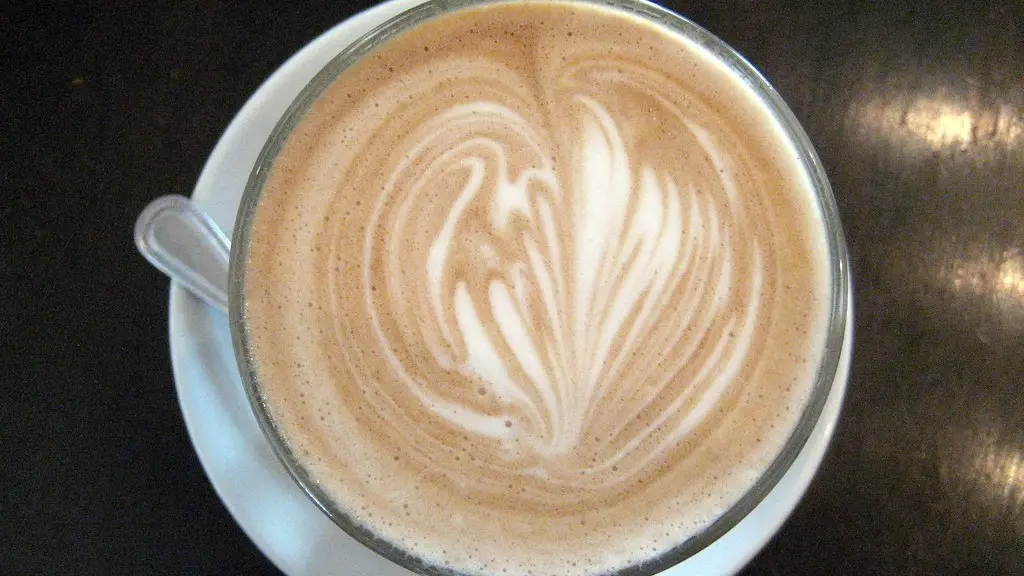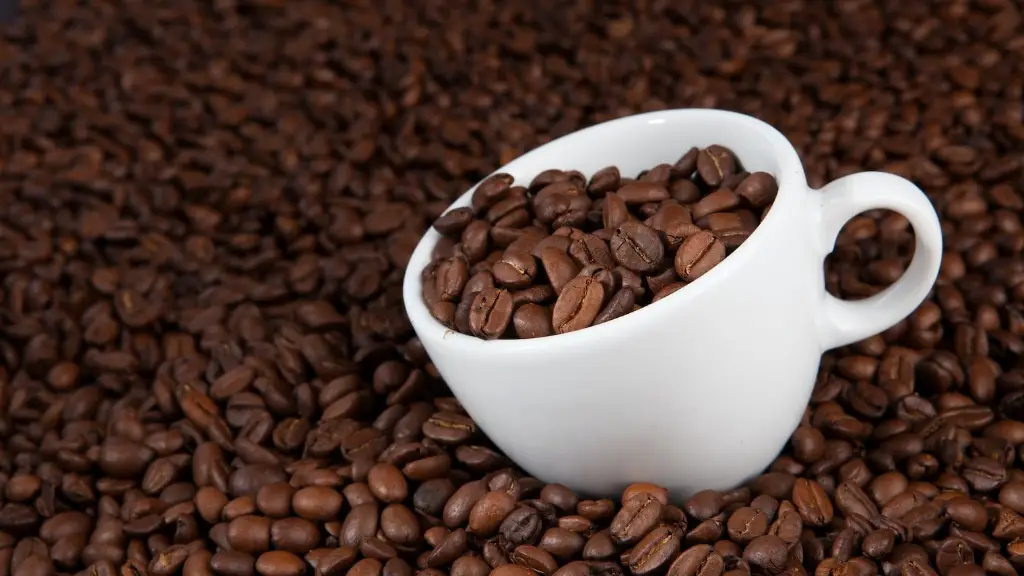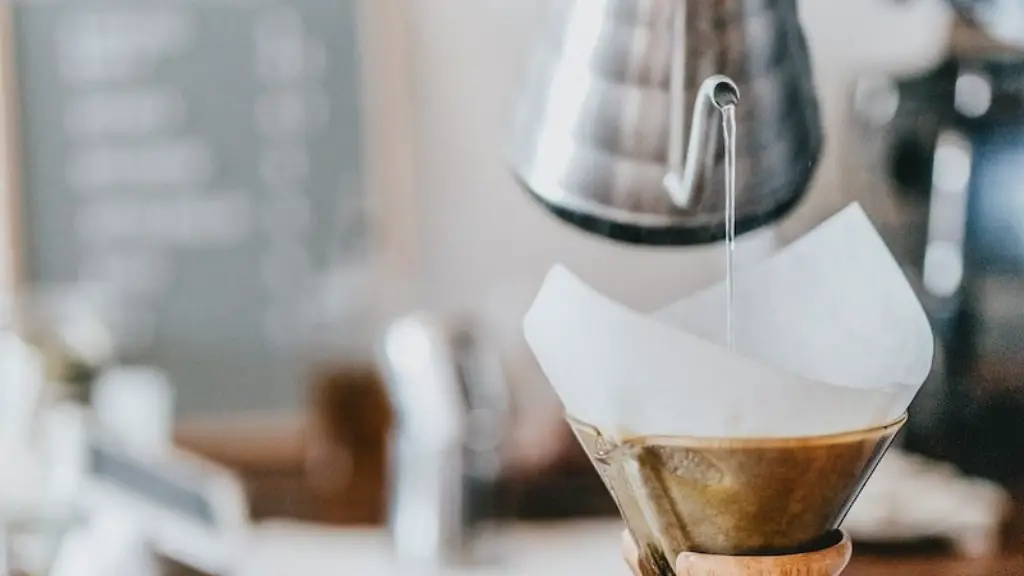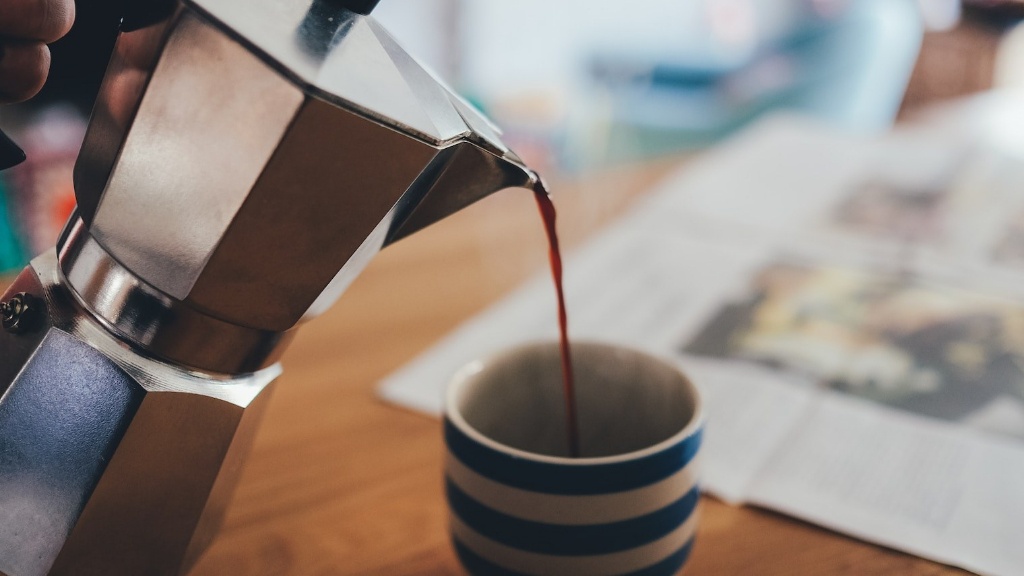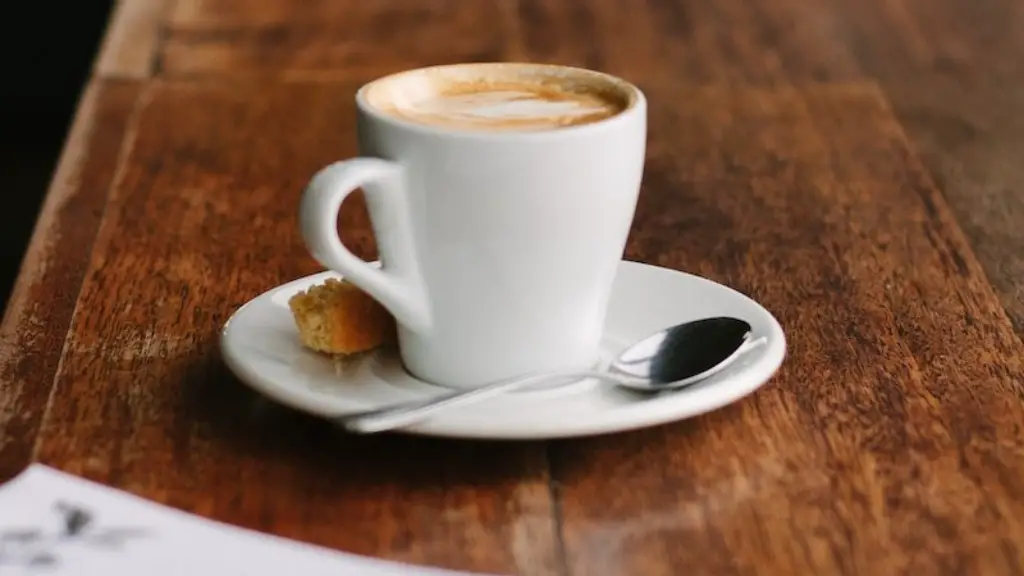As the popularity of health shots increases, more and more people are asking the question: Can I drink coffee after getting a flu shot? After all, a healthy balanced diet is typically thought to include that morning cup of joe, so how does a flu shot play a role? The answer isn’t straightforward, but there are several important factors to consider.
For starters, it’s important to know that a flu shot contains the inactive flu virus. While harmless to you, it can still cause side effects in certain individuals, like fever, chills, and muscle aches. If you’re someone who has prone to any of these reactions after getting a flu shot, then it’s best to seek medical advice and possibly avoid caffeine, as it could exacerbate your symptoms.
However, if you’re generally unaffected by side effects, then the flu shot isn’t necessarily an excuse to skip the coffee. In fact, caffeine has been studied for its potential benefits for people with the flu. A 2020 study, for example, published in Department of Neuroscience, suggested that caffeine may provide therapeutic benefits for flu, such as preventing excessive inflammation. Thus, if you don’t experience any side effects from the flu shot, you may be able to drink coffee afterwards-although it’s best to speak to your doctor if you are unsure.
More broadly speaking, coffee consumption is linked to numerous health benefits, including reducing your risk for diseases like type 2 diabetes and certain types of cancer, according to a large-scale meta-analysis published in the British Medical Journal. Plus, the caffeine in coffee can provide a good energy boost, which can help you get through the day, and even combat symptoms of seasonal affective disorder.
Nevertheless, each individual’s health needs and lifestyle should be taken into account when considering how much coffee, if any, to drink after getting the flu shot. Caffeine is a stimulant, so it does come with potential side-effects, like insomnia, irritability and fatigue – something to consider for those with preexisting conditions. That said, people without health concerns may be able to enjoy a cup of coffee without complications.
It’s also important to think about quantity. If you opt to have coffee after getting a flu shot, make sure to keep it moderate – that means cutting back on sugary, processed products and maintaining moderate daily consumption (up to 400 mg of caffeine or 4 cup of coffee per day, according to experts). Of course, monitoring your energy levels is essential in this regard – if you start to feel overly tired or experience other concerning symptoms, you may need to start cutting back.
Dietician’s Perspective
For those curious about nutritional implications for drinking coffee after getting a flu shot, it’s worth noting that many dietitians recommend avoiding milk and cream in coffee, as these can negatively affect the digestive system. Instead, opt for dairy-free alternatives like almond milk.
Equally crucial is to consider other beverages you might be drinking in combination with coffee. Alcohol, for example, can possibly interfere with the effectiveness of the flu shot, according to experts, and should be avoided after getting a flu shot. Soft drinks and juices are also often loaded with sugar and unhealthy additives, so these should be replaced by nutrient-rich options like green tea, which is known for its immunity-strengthening properties.
Finally, try to boost your intake of whole foods that contain essential vitamins and minerals, like chicken soup and bone broth, which can help your body fight off infection. Ultimately, staying hydrated is key – both before and after receiving the flu shot.
Expert Analysis
Agreeing with the dietitians’ stance, many health experts believe drinking coffee in moderation is fine after getting a flu shot, but it’s important to consider the potential side-effects. For instance, caffeine stimulates the central nervous system, which can increase heart rate, blood pressure, and even change the levels of adrenaline in the body.
While these effects are generally mild, it may be especially taxing if you already feel unwell after getting a flu shot. Too much caffeine can lead to dizziness, palpitations, and other uncomfortable symptoms, so it’s important to proceed with caution.
More generally, healthcare providers suggest avoiding large doses of any stimulant, including caffeine. In other words, one or two cups per day is typically safe, but drinking a large latte or multiple energy drinks every day may not be the best option.
Furthermore, always make sure to stay informed of the latest findings by reading reliable medical sources, speaking with your doctor, and researching any health concerns you might have. Ultimately, the decision is up to you, and a moderate amount of caffeine may be part of a healthy balanced lifestyle.
Studies to Note
Though there is still a lack of reseach in this area, some studies are useful in assessing whether or not you should drink coffee after getting a flu shot. For instance, a 2014 study published in the German Journal of Medicine found that caffeine has a range of beneficial properties, such as fighting fatigue and improving cognitive function, in addition to providing some protection against the flu. Similarly, a 2018 study from The National Institute of Health found that moderate consumption of caffeine from coffee could reduce the risk of depression.
What’s more, there is some evidence that caffeine can actually reduce the severity of flu symptoms. Specifically, a 2011 study published in the American Journal of Epidemiology examined over one thousand people who had both the flu and a cold, and found that those who drank more caffeine reported fewer days of sick leave and faster recovery times.
On the other hand, too much caffeine could have the opposite effect. A 2017 study in Caffeine and the Gastrointestinal Tract, for example, found that consuming over 700 milligrams of caffeine per day could negatively affect digestion, which could exacerbate an ongoing bout of the flu.
Takeaways
Ultimately, if you decide to go for a cuppa to help with the after-effects of a flu shot, it’s important to pay attention to your own body’s signs. Make sure to cut back on sugary, processed products and opt for dairy-free alternatives like almond milk to minimize adverse effects. Additionally, avoid combining coffee with alcohol and other stimulants.
For those stuck on where to start, some experts suggest starting slowly. If you usually consume one cup of coffee, try to stick to that after the flu shot and monitor your energy levels, or knock it down to half a cup and increase if necessary. Remember, this isn’t an exact science and you should always speak with a healthcare provider about any health-related issues.
Mind and Mood Effects
Though physical health is important, it’s important to consider psychological effects as well. Coffee consumption is linked to a range of mental-health benefits, particularly when it comes to mood. This is due to the main psychoactive component of coffee—caffeine—which is known to boost feelings of alertness and productivity.
So a cup of coffee could be a great way to kickstart your day after getting the flu shot. Just make sure it’s moderate-sized and consumed in moderation (). Additionally, coffee consumption has been showed to improve focus and concentration, which may help get through tasks even when you’re feeling under the weather.
On the other hand, drinking too much coffee could have the opposite effect, leading to mood-related difficulties including anxiety, irritability, and restlessness. In that case, it’s best to educate one’s self on the effects of caffeine, and seek professional help if you feel that lack of control.
Importance of Drinking Water
Lastly, it’s important to consider hydration when drinking coffee after the flu shot. While a cup or two of coffee a day can provide some benefits to overall health, too much can lead to dehydration. That’s why it’s important to drink plenty of water throughout the day, before and after getting the flu shot.
Moreover, if you are having more than two cups of coffee per day, try to offset them with an equal amount of water to ensure proper hydration. Recent studies have linked mild dehydration to headaches, fatigue, and difficulty concentrating. So it’s clear that proper hydration is important for physical, mental, and emotional wellbeing.
Conclusion
Overall, drinking coffee after the flu shot is unlikely to present a significant risk, provided it is consumed in moderation. However, you should always keep in mind that the flu shot can bring on side effects for some, so it’s best to speak to a healthcare provider if you are unsure. Similarly, it’s a good idea to educate yourself on the effects of caffeine, and to stay hydrated before, during, and after the shot. Finally, be sure to consider the mental and emotional benefits that a cup of Joe can bring, including its potential to boost mood.

